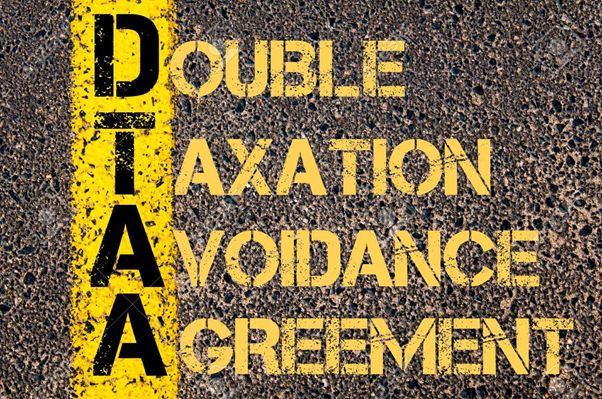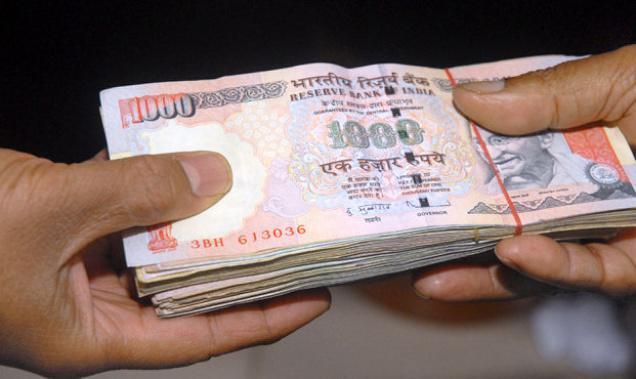Search
DTAA and the Limitation of Benefit Clause
August 03, 2017
DTAA stands for Double Taxation Avoidance Agreement a.k.a Tax Treaty. It’s a formal agreement between two nations, meant to avoid double taxation when an individual is earning income in two different countries.
Several countries, including India, also offer tax concessions through the DTAAs to lure more foreign investors.

Although DTAAs are created to make tax compliance easier and to reduce the tax burden on the individuals and multinational businesses, they are often exploited and used as a means for tax evasion. Many companies and other cross national investors identify loopholes in the DTAAs and misuse them to reduce their tax burden.
Enter Limitation of Benefit Clause
It didn’t take the governments long to realize how DTAAs are being misused by individuals and businesses, which is why they created Limitation of Benefit Clause (LoB).
LoB clause of the DTAA requires that the proposed beneficiary must furnish certain documents that can authenticate his residence of the country (i.e. the foreign) in question.
LoB also governs the procedural requirements for the DTAA benefits and is attached to the treaty parties in their bilateral DTAAs. So, the benefit of tax burden reduction is given to only those parties that are able to produce the documents as required under the LoB guidelines (proof of permanent residence, for example).
Another big reason why LoB was devised was to fight treaty shopping.
What’s Treaty Shopping?
Treaty shopping is the practice of setting up multinational businesses to maximize tax benefits through more favorable treaties available through the structure. So, a person who lives in a home country and haven’t signed a DTAA with the source country i.e. the country they are receiving their income from can set up a business in another country that offers better tax benefits instead.
The introduction of LoB has greatly reduced treaty shopping in India and managed to deter the practice to a great extent.



